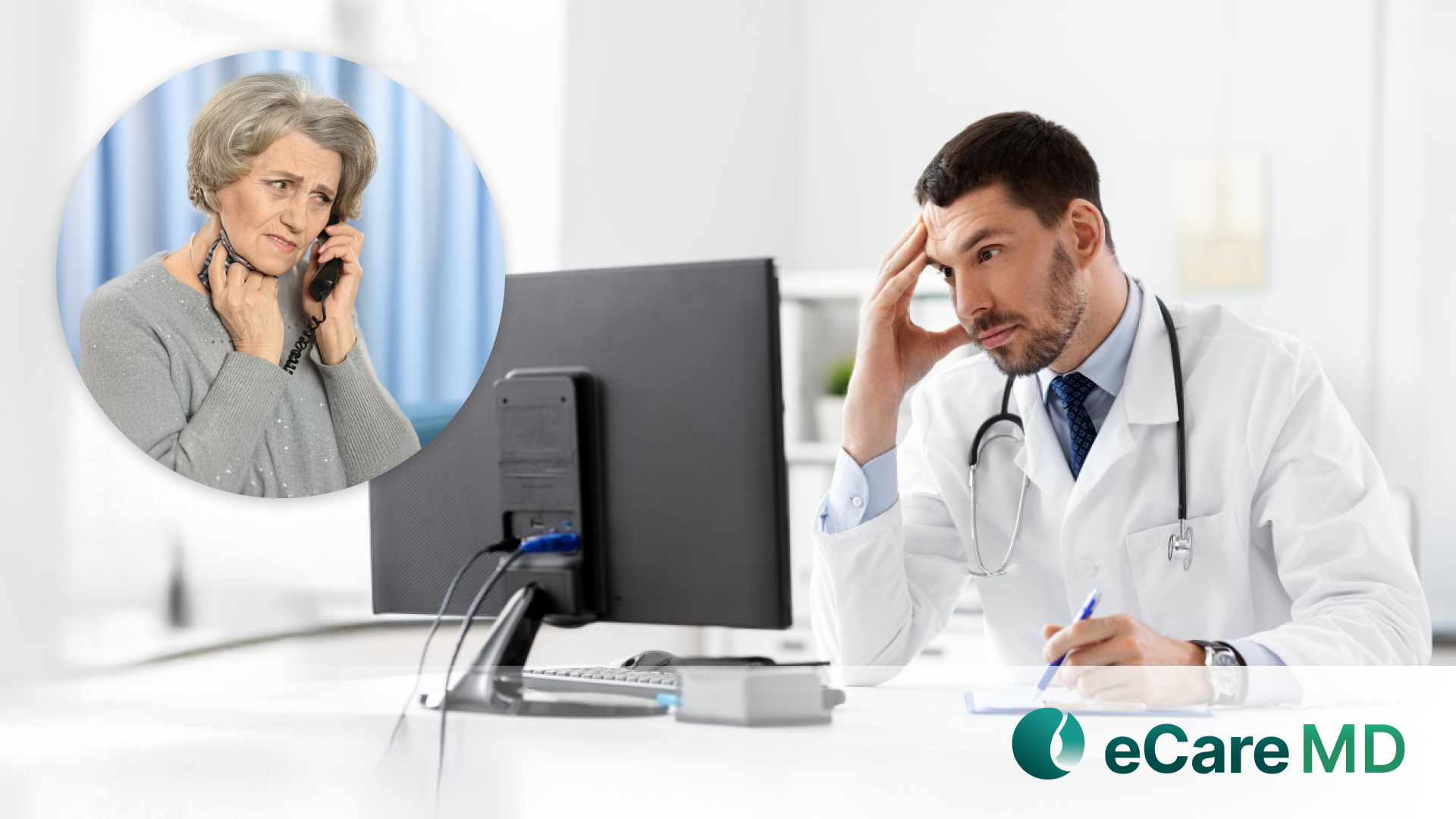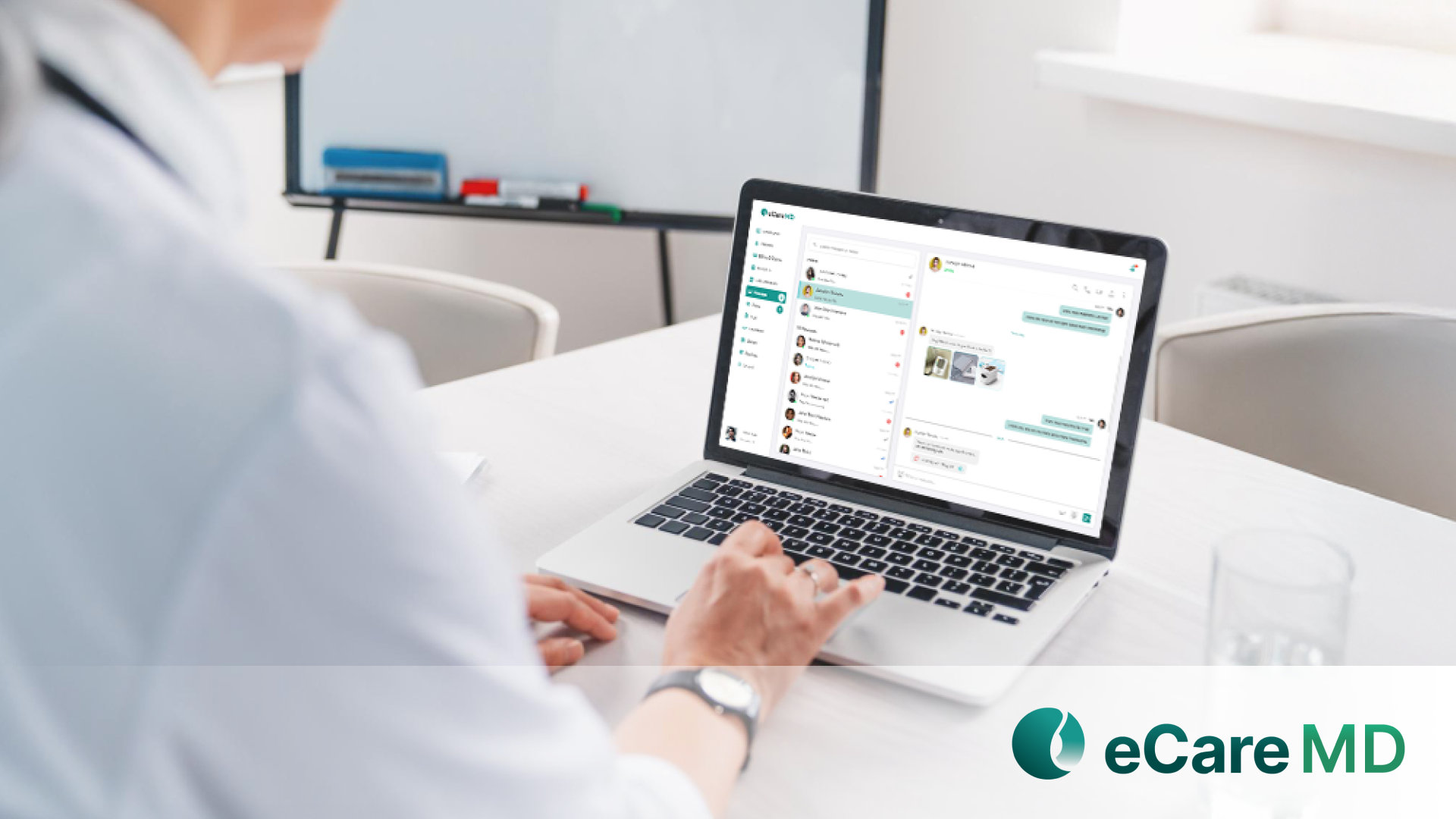Client Overview
The client has healthcare services in primary care, based in Alabama, Texas, USA, providing care coordination services for patients with chronic conditions. With the provider group of multiple staff, like primary providers, nurses, and physicians, the client provides care services in the PCM program, handling nearly 1000 patients each month in the PCM program who have a single chronic condition and need constant attention.
Business Challenges
While providing Care coordination services, the client’s staff needs to constantly keep in touch with patients to treat their chronic conditions. The current software has disadvantages in patient engagement functionalities, such as device integration, patient communication, and providing related education material to patients, which the client failed to deliver quality care in the PCM program, resulting in a slow patient recovery rate, repetitive hospital visits from patients, and less qualified CPT Codes for reimbursement. The following are key business problems that the client has been facing;
1. Missing Device integration functionality
To provide a PCM care service, the client must monitor the patient’s vitals in conditions such as High Blood Pressure, Diabetes, hypertension, etc. Missing these Vitals increases mismanagement in treatment, like medication conciliations, as the client’s current software lacks them.
2. Poor Patient Communication

In the PCM program, the provider staff constantly monitor patient health while treating chronic conditions; they fail to keep in touch with patients frequently from their current system, affecting patients' health and the action plan.
3. Lack of Patient education initiatives
To educate patients about their chronic conditions and medication adherence, the client business is in need of such functionality where the provider can educate patients regarding their health, conditions, and action plan, e.g., diet, goals, etc. Lack of these initiatives is causing poor quality of care delivery.
4. Missing Provider Alerts
The current system doesn’t have a provider alert functionality by which the care provider could prevent emergencies. This poses a risk to patients' health and increases problems in the client’s care coordination services.
Solution
By providing care services in the PCM program to tackle serious conditions, the client reaches out to Medarch’s software solutions, which include care coordination software, in order to overcome the key business problems at the provider staff level. From the Medarch team, a care coordination software, “eCareMD,” was introduced, and a live demonstration of workflows was performed to address the client’s business problem. Some of the key solutions were implemented as follows:
1. Multiple Device Integration functionality
eCareMD platform solves the lack of live vitals data problem with the device integration system from which providers assign a clinical device to patients with the help of the Device vendor’s portal from which patients' live vitals are being stored, such as Heart rate, Blood glucose, Blood Pressure, etc., into eCareMD for performing necessary activities against patients health barriers.
2. Integrated Communication Module
By keeping the patient constantly in touch with care team members via voice calls, text, and email, eCareMD fulfills the communication gap between the care team and the patient. It has a dedicated “Communication” Module, which keeps patients' responses in one place, helping providers to manage patients' health feedback.

3. Document Send, Upload, Assign features
For patient education in areas such as Action Plans, Diet, routine, health assessment, chronic conditions, medication adherence, etc., the platform has robust features for document upload and assignment. Care team members can upload any sort of educational material and send/assign it to a particular patient with the goal of educating and raising awareness about the patient’s health condition.
4. Push, Email/SMS alert Notification
Alert generation is a crucial part of monitoring patients remotely. It keeps away significant risks to the patient’s health by notifying the provider whenever the patient gets into such a situation. The eCareMD platform is able to configure patient vital data and send related alerts to care team members. These essential features play a very important role in every risky situation for both the patient and the provider.
Value Delivered
1. 2x Fast Device integration process
The eCareMD has a smooth device integration process with multiple device integrations from different vendors, such as Smartmeter, Tenovi, TransTek, etc., which contributes to a 2X faster device integration process for patient monitoring.
2. Expanded 60% more Patient Communication
The dedicated communication module had 60% more positive results in patient reach. From email, voice calls, and Text messages, eCareMD accomplished quality in care handling remotely.
3. 80% conversion in self-efficacy
While eCareMD promotes patient education with the goal of more patients engaged and self-aware, features like document upload contribute to 80% conversion in patient adherence to self-management, condition awareness, and care plan adaptation.
4. Increase in risk prevention
Alert generation contributes significantly to taking action plans on time when a patient is at risk. By a vital configuration feature, risk prevention is increased, helping providers to hold each patient in PCM while remotely monitoring.

